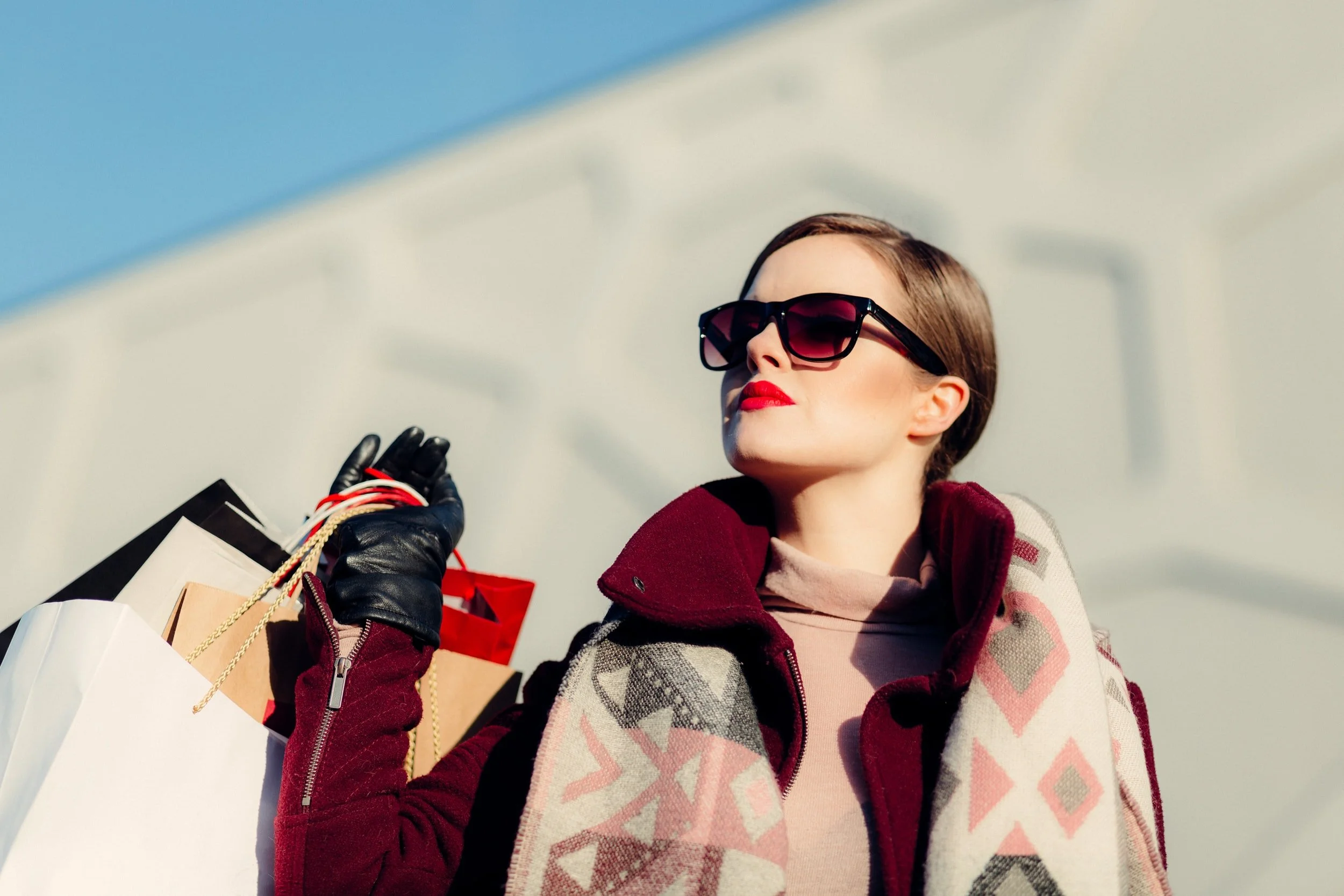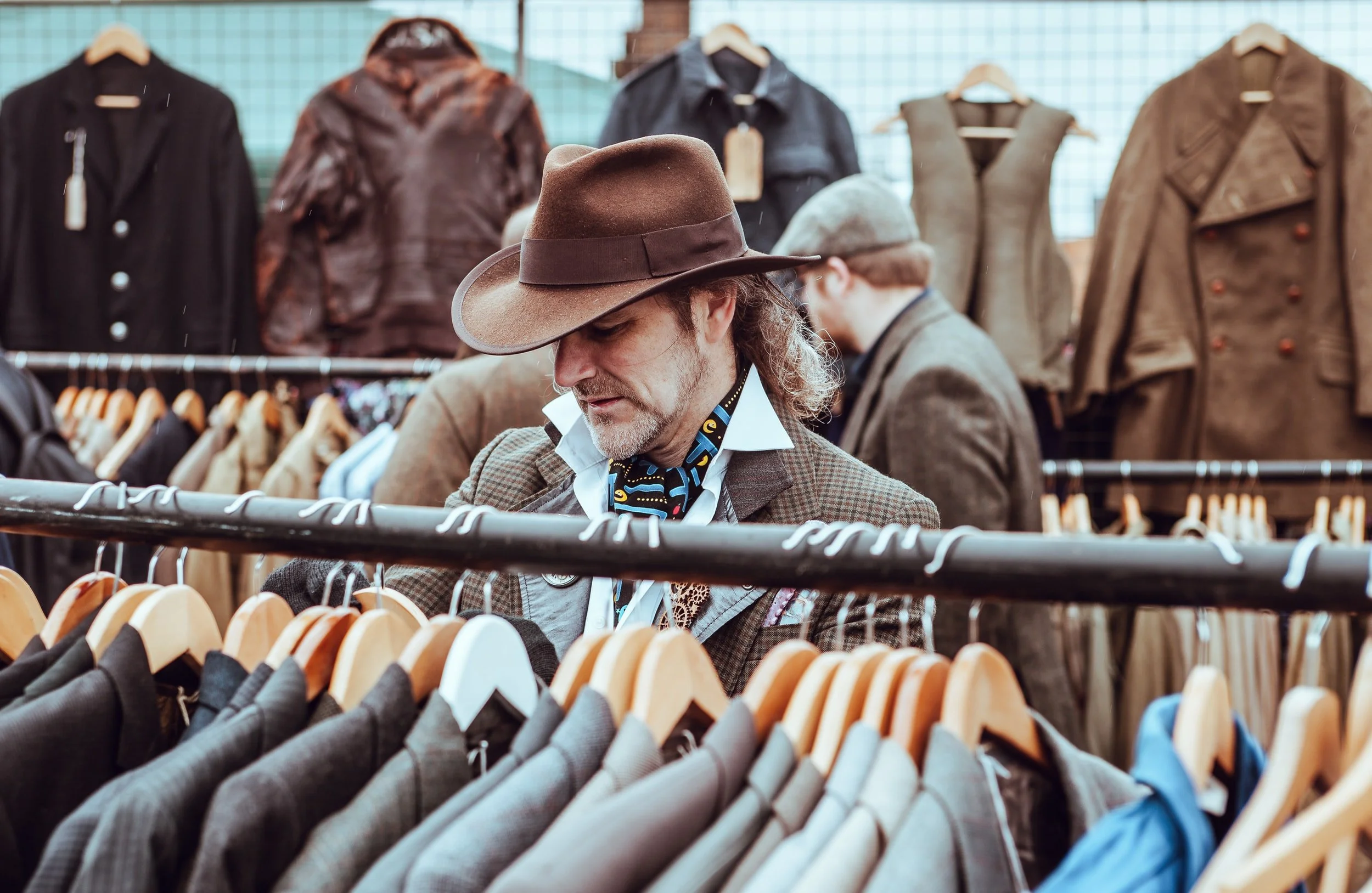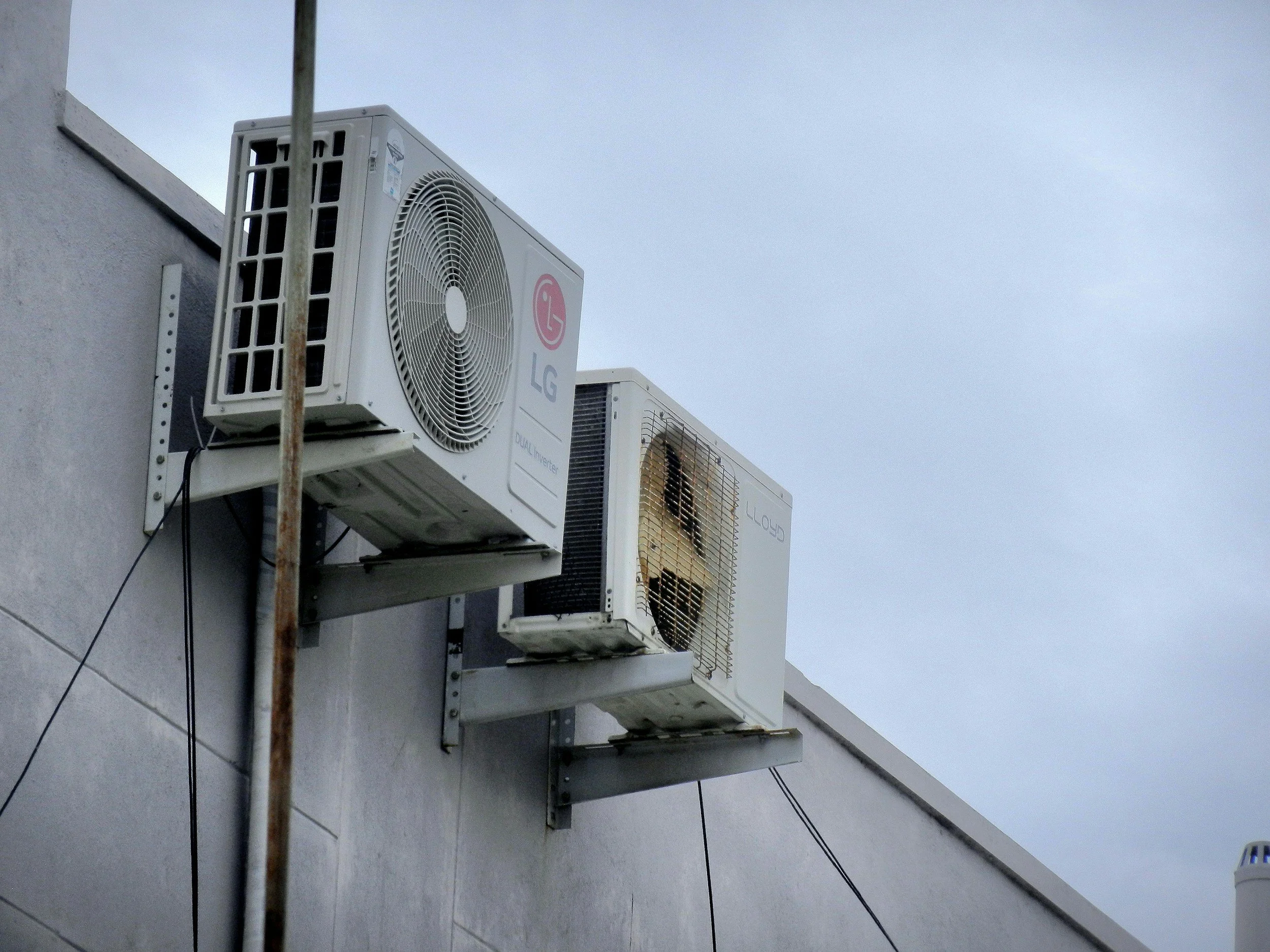More Than A Third Of U.S. Consumers Say Their Pandemic-Altered Buying Habits Are Enduring
By PAGE Editor
A survey released today by AlixPartners, the global consulting firm, finds that although there is rising optimism among U.S. consumers regarding returning to pre-pandemic habits after the COVID-19 pandemic finally ends, large numbers of Americans plan to keep spending less or to switch the products and brands they spend their money on, or do both, even after the pandemic ends.
26% are interested in trying new food brands, 24% new retail brands, 27% new travel & leisure brands and 37% new restaurant brands
The AlixPartners poll, which is the third wave of an ongoing, nine-country study of how the pandemic is changing priorities in sectors ranging from consumer products to retail to restaurants to travel & leisure, found that 73% of consumers in the United States are optimistic about vaccines and about the future—which is up from 67% of U.S. consumers in AlixPartners’ second survey, which was fielded in the winter of 2021.
However, at the same time the survey also revealed that more than a third of U.S. consumers, 36%, say their pandemic-hardened buying habits will ensure even after the pandemic ends—and of that group, 36% say they plan to keep spending less than they did pre-pandemic and 20% say that while they plan to spend the same amounts, they will switch the product categories and brands on which they spend their money.
Overall, 25% of American consumers said they are interested in trying new food/grocery brands, 24% new retail brands, 27% new travel & leisure brands, and 37% new restaurant brands. And, just as revealing of the stark changes in the marketplace, 51% of U.S. consumers who reported spending less recently (in the preceding three months) said they have reevaluated what’s “essential” spending.
Meanwhile, in yet another example of shifting consumer priorities, 62% of Americans in the all-important 18-to-34 age group said they intend to trade down, trade up or shift their spending to other categories and brands—which was well above the 40% average for Americans of all ages.
David Garfield, global leader of the consumer products practice at AlixPartners and leader of the firm’s Americas business unit, said, “As the changes brought on by the pandemic become clearer, it’s becoming easier to see which ones are likely to be enduring. One thing I think is permanent is that we are seeing the rise of ‘the intentional consumer’—a consumer that in some cases plans to spend less and, in all cases, plans to be much more deliberate about how and where to spend.
“To reach this changed consumer, companies and brands must themselves become more intentional about exactly who they are trying to serve and how to do so profitability. Among other things, companies and brands must break down silos and challenge historical models that add needless costs which many consumers will no longer pay for.”
HOW DO YOU FEEL ABOUT FASHION?
COMMENT OR TAKE OUR PAGE READER SURVEY
Featured










Water management plays an essential role in maintaining the safety and stability of a home.